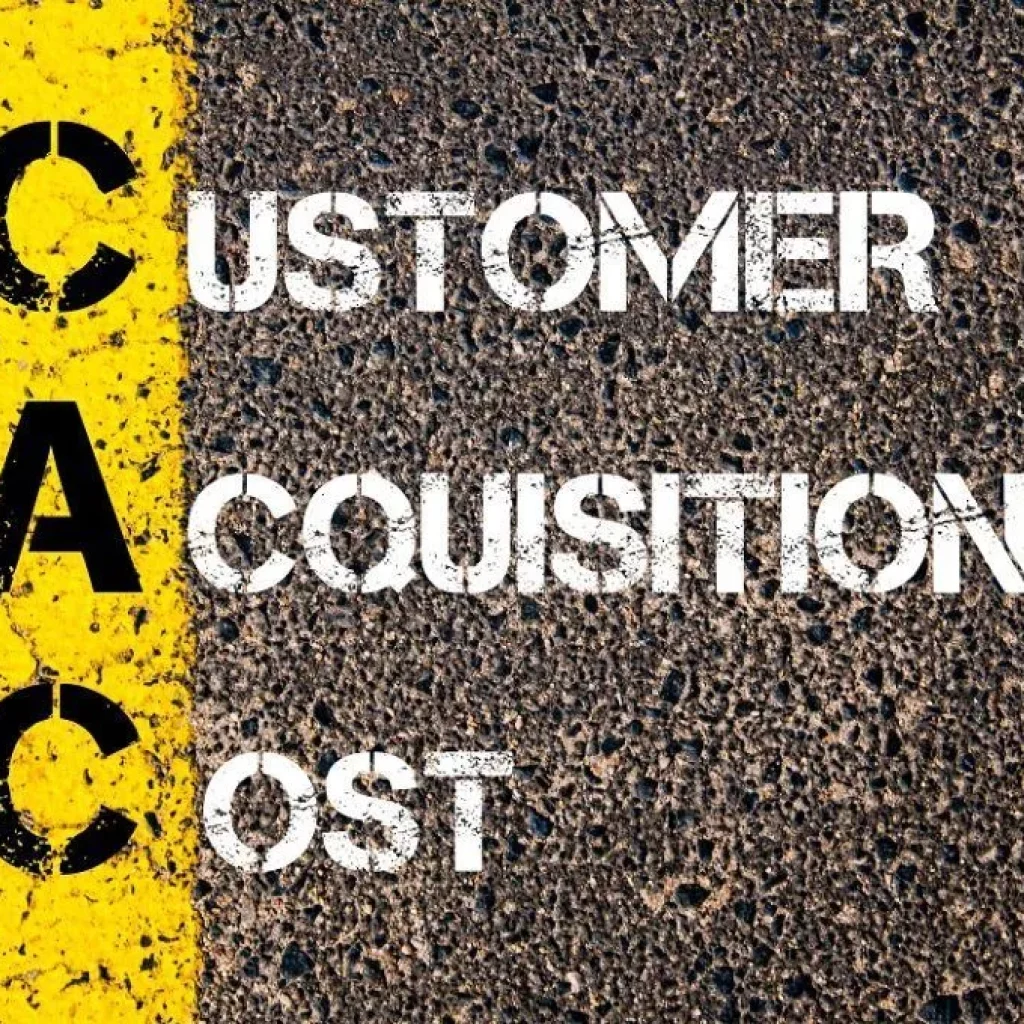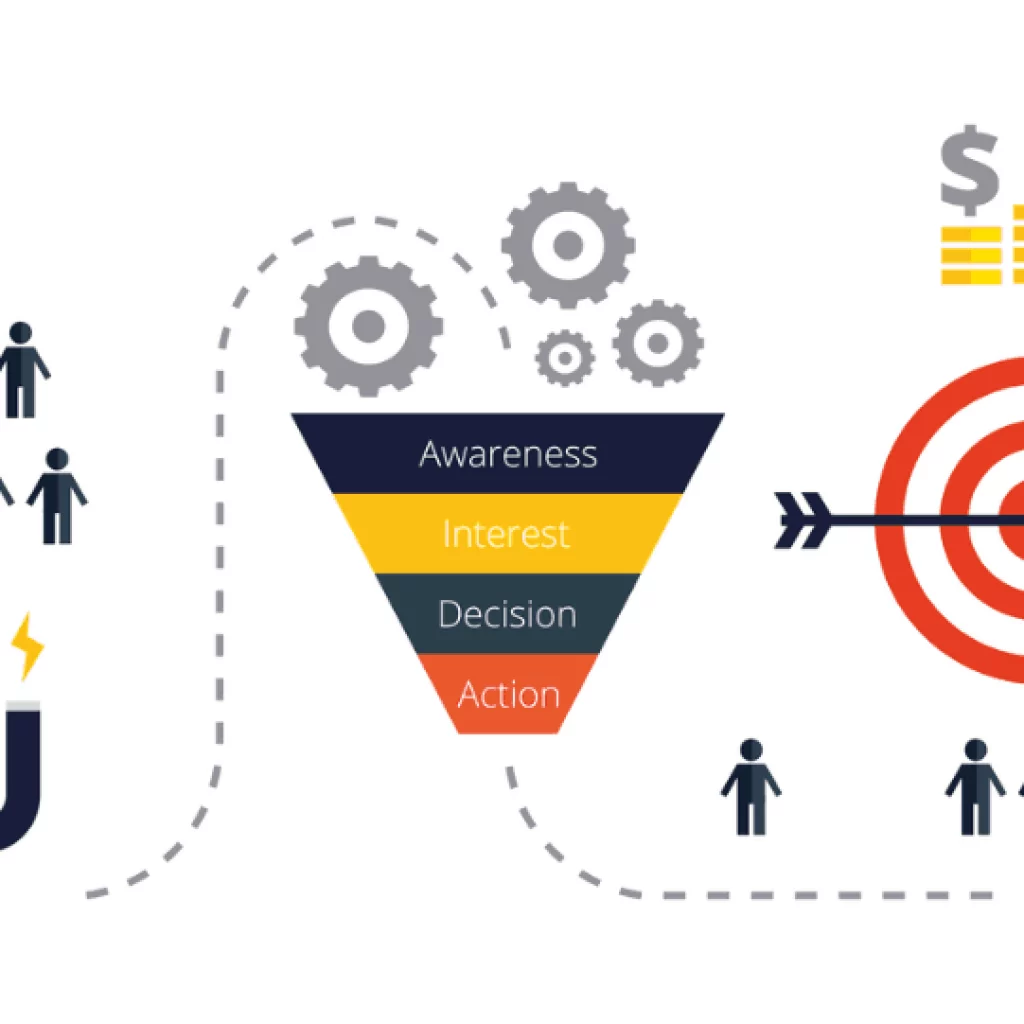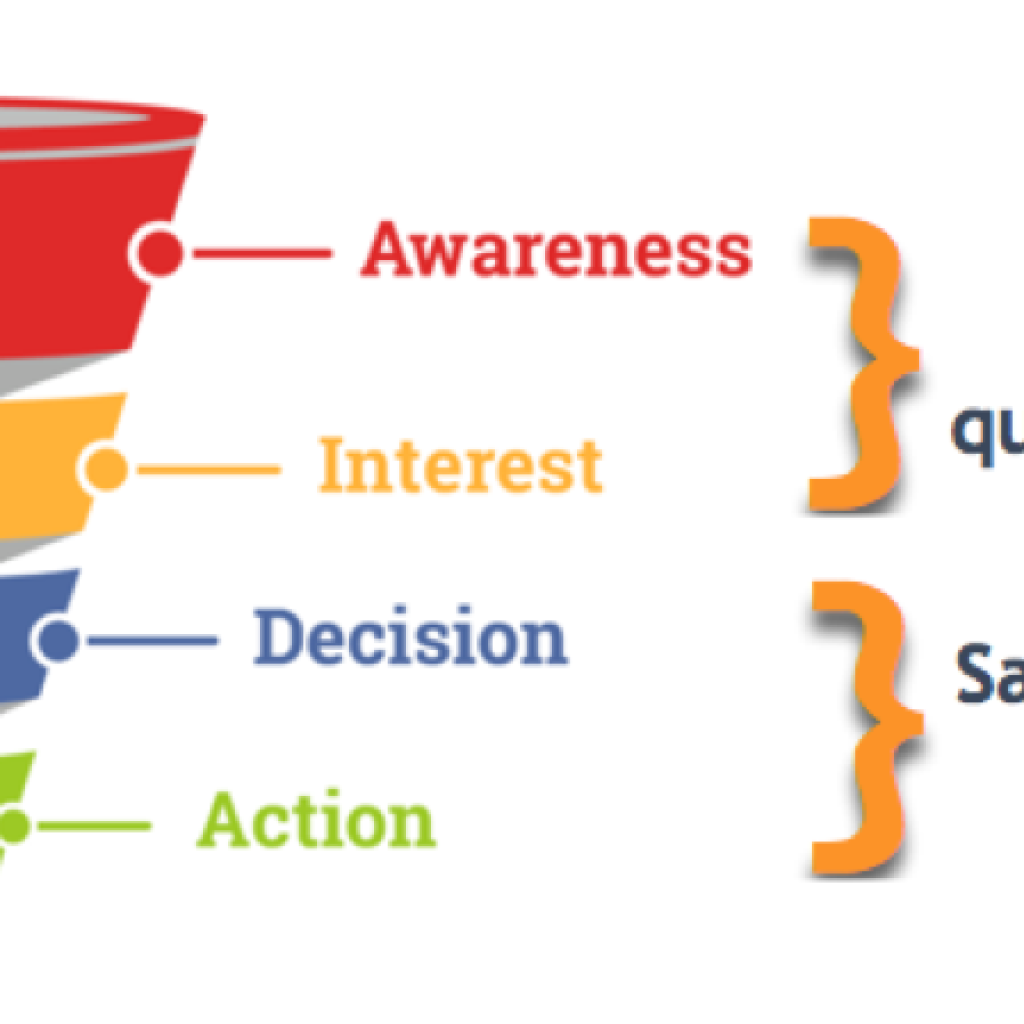As a business owner, you should understand how to enhance your marketing initiatives to further your objectives. You can gauge and assess the effectiveness of your campaigns using a key performance indicator or KPI. Your company can determine the efficacy of your marketing strategies using several key performance indicators. As a business owner, you should understand how to apply them for the best outcomes. Utilizing metrics enables you to practice the best marketing strategies and achieve the desired results.
What key performance indicators should you pay attention to?
1. Cost of acquiring new clients
One of the crucial vital indicators that enables you to make critical budgetary decisions is customer acquisition cost (CAC). It offers ways to calculate the financial investment required to turn a lead into a customer. In other words, it creates practical ways to know the business expenses you want to spend on customer attraction. On the other hand, when determining this cost, you must choose the time frame.

2. Customer lifetime value
You can estimate the total anticipated revenue you will generate from a single customer using the lifetime value of a customer (LTV). This metric can be compared to CAC because it shows you where your money is moving most quickly.
3. Conversion rate
Another helpful tool for determining your success in generating leads is conversion rate. You can use it to determine what proportion of people visited your website and took action. For example, you should make changes if your website receives a lot of traffic but has low conversion rates.

4. Marketing qualified leads (MQLs)
The number of MQLs is the key performance indicator for determining how many leads your marketing team generated. Additionally, it enables you to assess the proportion of MQLs that turn into customers (SQLs).

5. Use of social media
As a business owner, you should pay closer attention to how your social media engagement affects critical choices. In addition, tracking the results of your social media marketing campaigns enables you to improve. You can even alter your advertising strategies, thanks to them. Returned on investment
6. The return on investments (ROI)
That determines the effectiveness of your advertising campaigns should be known to you. In addition, it enables you to calculate the amount of money you make and spend on advertising campaigns.
7. Organic traffic
In your online marketing efforts, organic traffic is a crucial indicator to consider. It would help if you used SEO tools to find your website’s position in search engine results. You can use this KPI to understand the overall organic and SEO strategy. You can even use it to find out what kinds of keywords work best for SEO marketing.
Also Read: How to Use a Blog to Increase Organic Traffic
8. Mobile usage
You should be aware of how well your marketing campaigns are performing on mobile platforms because mobile users are growing daily. In addition, some tools can be used to create reports on mobile conversions.
9. Customer retention
Customer retention is the most crucial KPI in your online marketing initiatives. It helps you better understand your customers and, in turn, determine the most effective strategies. This KPI can be used to monitor the success of both your short-term and long-term campaigns. Net promoter score,

10. Net promoter score
One of the KPI tools to use is the net promoter score because it enables you to gauge customer satisfaction. It allows you to choose your company’s expenses after learning from the opinions and insights of your clients. While marketing your product in markets that significantly increase sales, you should pay attention to what your customers say.
Also Read: Affiliate Marketing: What it is and How it Works
Conclusion
Whether you work in the B2C or B2B world, tracking your marketing KPIs can help validate everything you do as a marketing professional. And businesses now have more opportunities than ever for transparency in their marketing efforts, thanks to the countless tracking tools that are readily available. Recognize and correct your marketing mistakes. Learn about your marketing achievements and let your managers know about them.
















